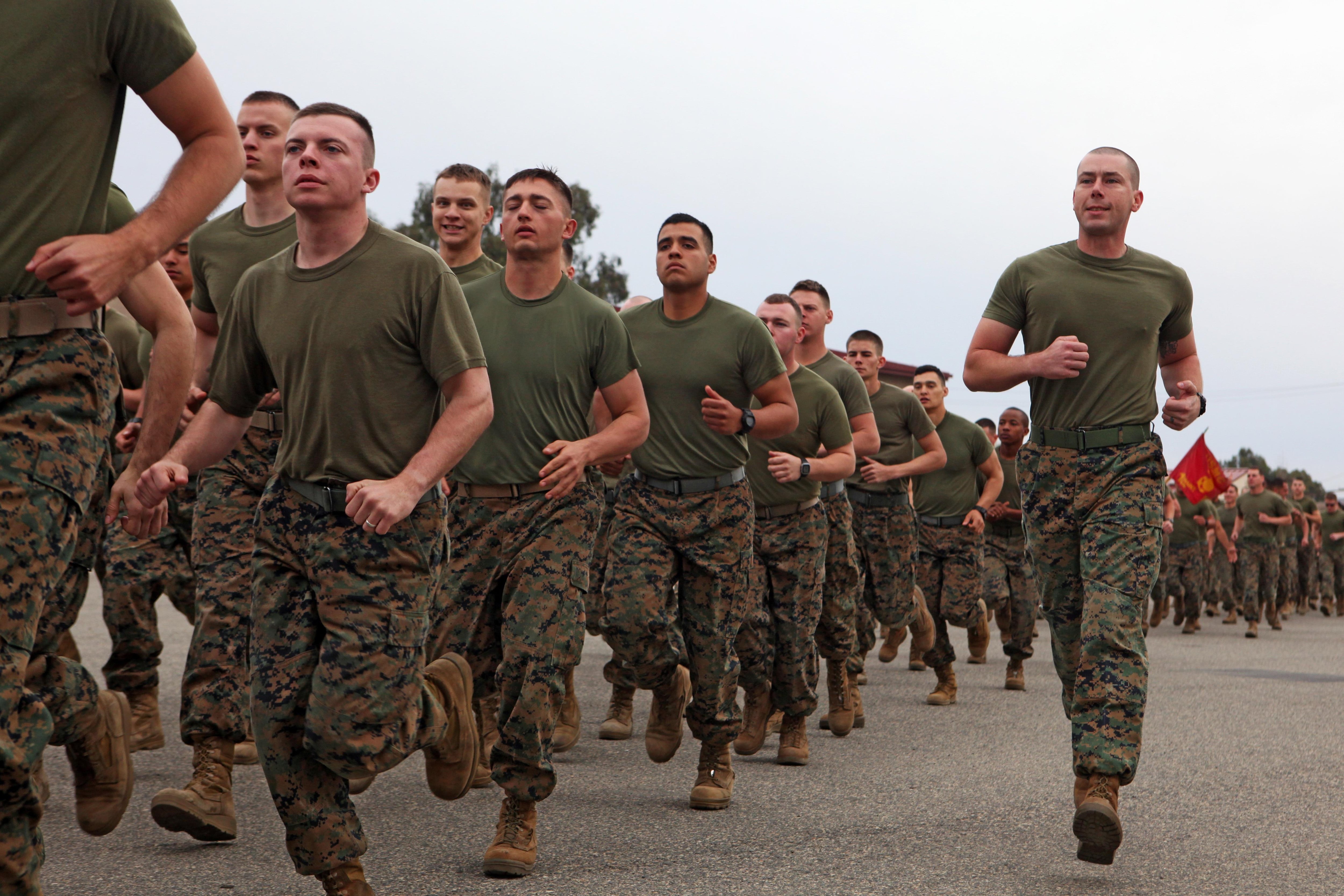TRAPANI, Sicily — NATO is launching its biggest military exercise in 13 years, mobilizing 36,000 soldiers, sailors and airmen from more than 30 countries to test the alliance's ability to respond to new security threats.
NATO Deputy Secretary-General Alexander Vershbow told the opening ceremony Monday that the Trident Juncture exercise will demonstrate that NATO "can deal with everything from conventional military engagements to more subtle hybrid warfare techniques and propaganda."
Vershbow said the geopolitical situation is considerably more unstable than the last time such large-scale exercises were held during the Cold War, citing Russia's annexation of Crimea, support of eastern Ukrainian separatists and attacks against moderate rebels in Syria, as well as the spread of terror groups into Libya and Syria.
"In this new world, NATO's allies and partners must be able to move quickly and act decisively," he said.
The Sicilian city Trapani will be the operational center for the exercise that begins Wednesday and runs through early November, extending into Spain, Portugal and adjacent waters. The exercise envisions a fictitious invasion by a large country of a small alliance member, creating a crisis with religious and ethnic dimensions, threatening energy supplies and navigational freedom with risks of terrorism and cyberattacks.
At a news conference, Vershbow denied that the fictitious aggressor was Russia.
"That is not to say that some of the challenges we are addressing and testing our forces for are not analogous to the challenges we would face were we to have a conflict with Russia," he said.
During the news conference, an activist with the "No War" pacifist movement unfurled a banner as she pressed for an explanation of the bombing of a Doctor's Without Borders hospital in Afghanistan. Pacifist groups have organized protests against the exercise, including one in Trapani on Saturday.





